Scott Morrison fuels electric vehicles’ road to Damascus
Scott Morrison will accelerate the rollout of charging and hydrogen refuelling stations to support 1.7 million electric cars by 2030.
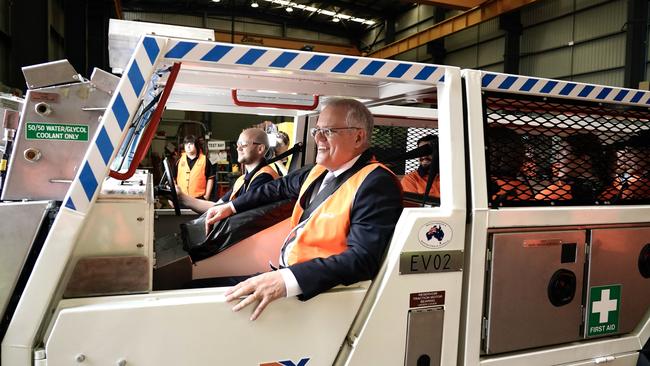
Scott Morrison’s electric vehicle strategy – a key plank of the government’s target for net-zero emissions by 2050 – will accelerate the rollout of charging and hydrogen refuelling stations across the country to support 1.7 million electric cars on the road by 2030.
As car manufacturers release timelines to end production of conventional vehicles, the Prime Minister said the government’s strategy would not force Australians out of their family sedans, utes and trucks.
Mr Morrison, who accused Bill Shorten of “ending the weekend” as the Coalition weaponised Labor’s electric vehicle strategy at the 2019 election, will spend $250m building charging stations in cities and towns and supporting businesses and governments transition to electric fleets.
The Future Fuels strategy – to be released on Tuesday and expected to drive more than $500m in combined private and public co-investment – is forecast to help slash carbon emissions by more than 8 million tonnes by 2035 and avoid $224m in electricity network upgrade costs.
Driving down transport emissions is considered crucial to achieving carbon neutrality by mid-century, with the government planning to create more than 2600 jobs through the construction of charging infrastructure across 400 businesses, 50,000 households and 1000 public-access fast-charging stations. New public charging stations would be accessed by up to 84 per cent of the population, covering about 21 million people, and reduce health costs by $200m to 2035.
Mr Morrison said the Future Fuels plan was designed to avoid taxes and offer “choices not mandates” as electric vehicle prices fall in line with demand.
“Australians love their family sedan, farmers rely on their trusted ute and our economy counts on trucks and trains to deliver goods from coast to coast,” Mr Morrison said.
“We will not be forcing Australians out of the car they want to drive or penalising those who can least afford it through bans or taxes. The strategy will work to drive down the cost of low- and zero-emission vehicles, and enhance consumer choice.
“We will do this by creating the right environment for industry co-investment in technology development.”
Mr Morrison said he believed Australians would embrace electric vehicles when they became “cost competitive”, leading to similar world-leading uptake rates as occurred with rooftop solar.
The federal government has come under pressure from Britain, the European Union and the US to adopt more ambitious electric vehicle targets, after Boris Johnson announced new petrol and diesel cars would be banned from 2030.
Amid concerns inside the Nationals partyroom over accelerated electric vehicle take-up and the hit to fuel-excise revenue, the government is focusing investment in public electric vehicle charging and hydrogen refuelling infrastructure, heavy and long-distance vehicle fleets, light commercial fleets and household smart charging.
Energy Minister Angus Taylor, who released the Future Fuels discussion paper in February, will bring forward a package of market reforms to state and territory governments, to ensure the electricity grid is EV-ready.
Mr Taylor, who travelled with Mr Morrison to the COP26 summit in Glasgow last week, said the development of low-emissions vehicles and future fuel technologies, backed by $2.1bn in government support, would “over time … reshape the way we drive”.
“Australians are already making this choice as prices continue to fall,” Mr Taylor said. “For example, the Electric Vehicle Council has reported 8688 battery electric vehicle and plug-in hybrid sales in the first six months of 2021, which is 26 per cent higher than the whole of 2020. In the last eight months there has been a 20 per cent increase in the number of low emissions vehicle models available in Australia.”
Registrations of electric vehicles have surged, almost doubling to 23,000 this year, with hybrid vehicle sales pushing past 60,000.
The Future Fuels strategy says “battery electric and plug-in hybrid electric vehicles are projected to make up 30 per cent of annual new passenger and light commercial vehicle sales in Australia by 2030”.
“This translates to over 1.7 million battery electric and plug-in hybrid vehicles on Australian roads by 2030,” it says. “By enabling this increased uptake, the expanded Future Fuels Fund is expected to reduce emissions by 8Mt of CO2 equivalent by 2035.”
Mr Taylor said the technology-led electric vehicle plan would ensure “Australians can drive their preferred type of vehicle – be that petrol, diesel, hydrogen or electric powered”.
“Voluntary adoption of electric vehicles is the right pathway for reducing transport emissions over the long-term,” he said. “Stringent standards, bans or regressive taxes will limit choice and increase the upfront costs of cars from Australians.”
The Future Fuels strategy outlines the need for close collaboration between governments to “consider the road-related revenue implications of new technology vehicles”. The Australian understands the federal government has monitored moves by some state governments to pursue new road-user charges, countering lost fuel excise revenue.
The electric vehicle strategy, first flagged in January 2018 by then energy minister Josh Frydenberg, says the key to lowering prices of low-and-zero emissions vehicles and enhancing consumer choice was reducing costs in manufacturing lithium-ion batteries.
The Department of Industry, Science, Energy and Resources report said the price for lithium-ion batteries had “dropped by over 89 per cent since 2010 and is expected to fall to half of the current price by 2030”.


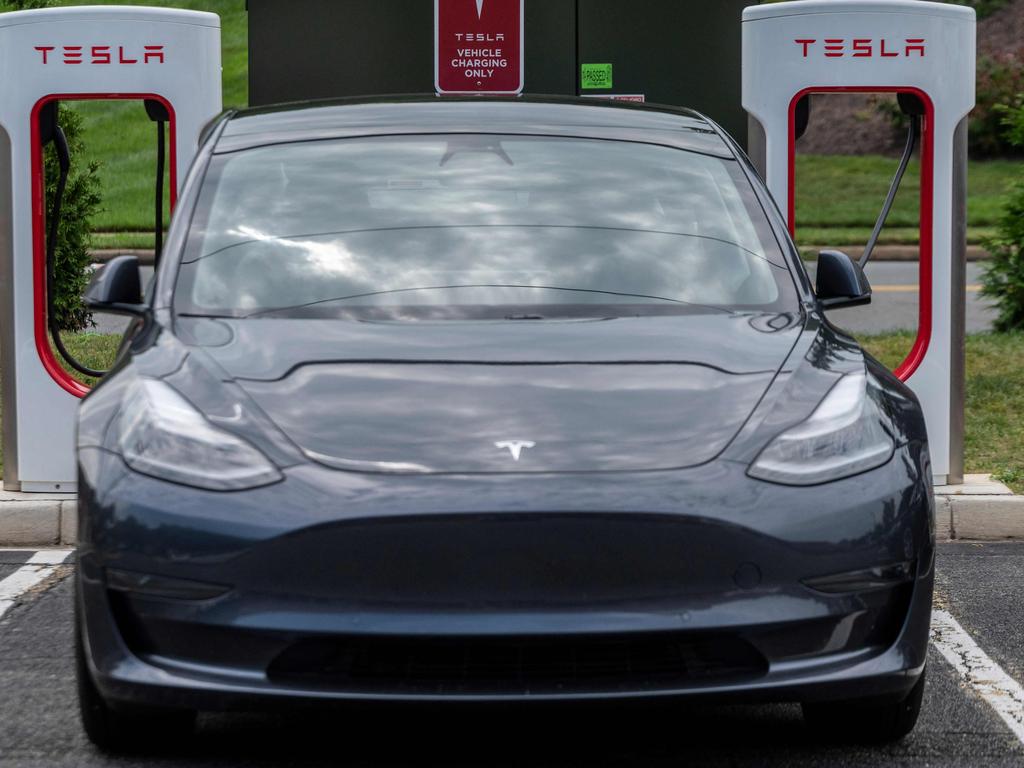
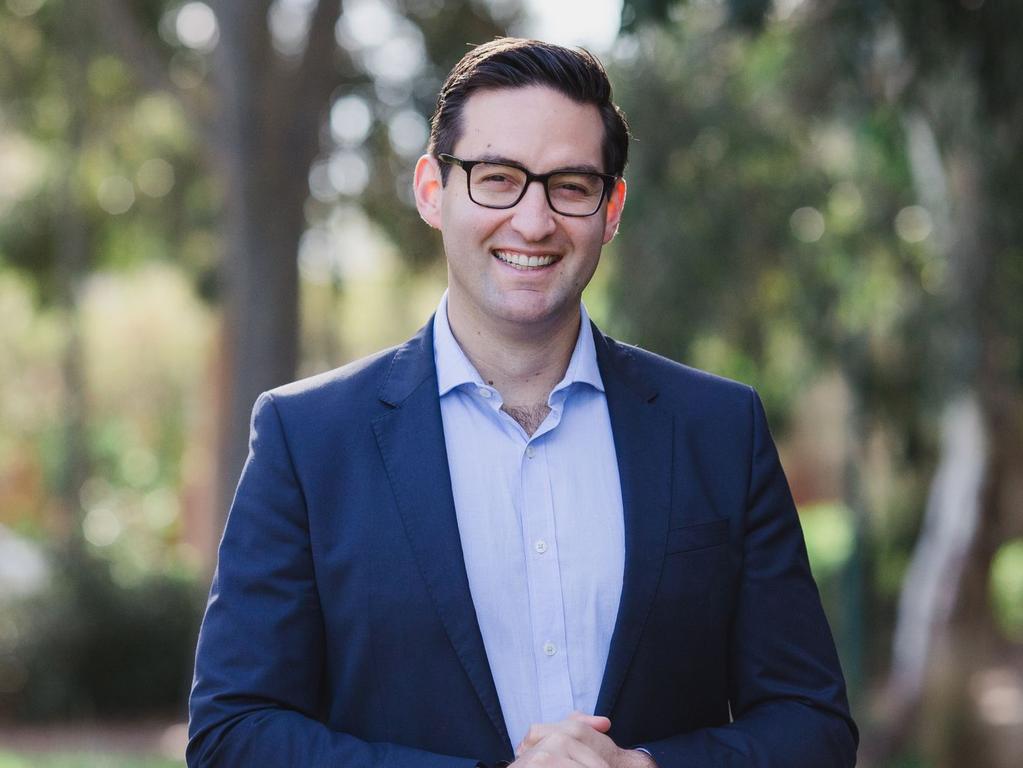
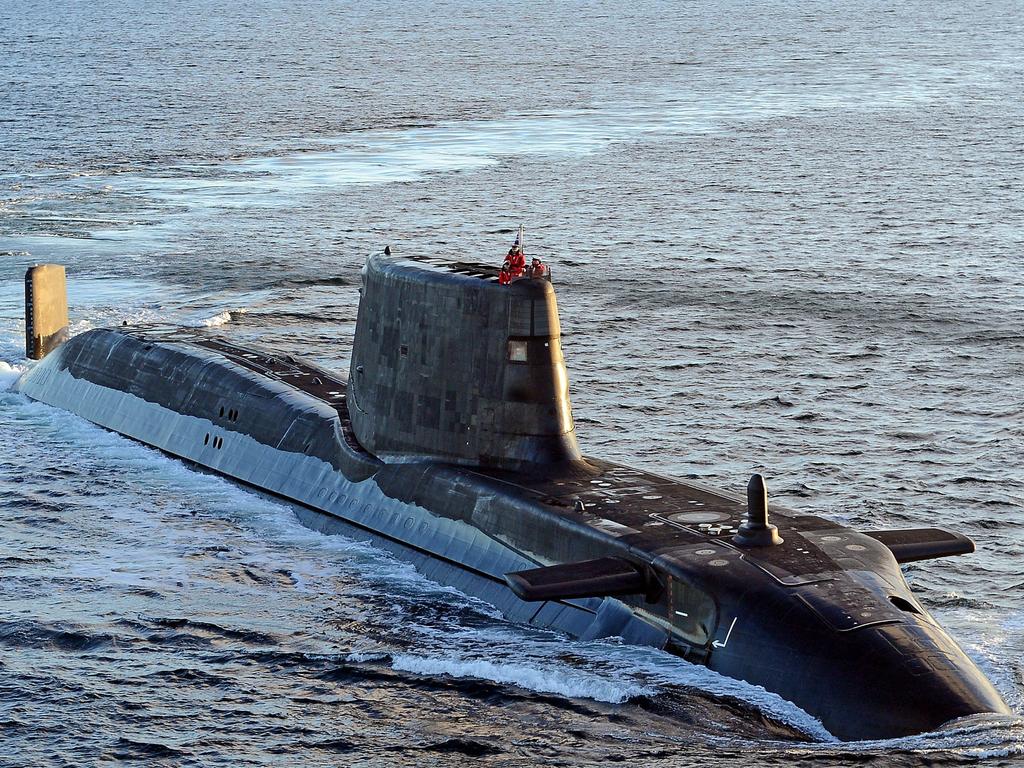
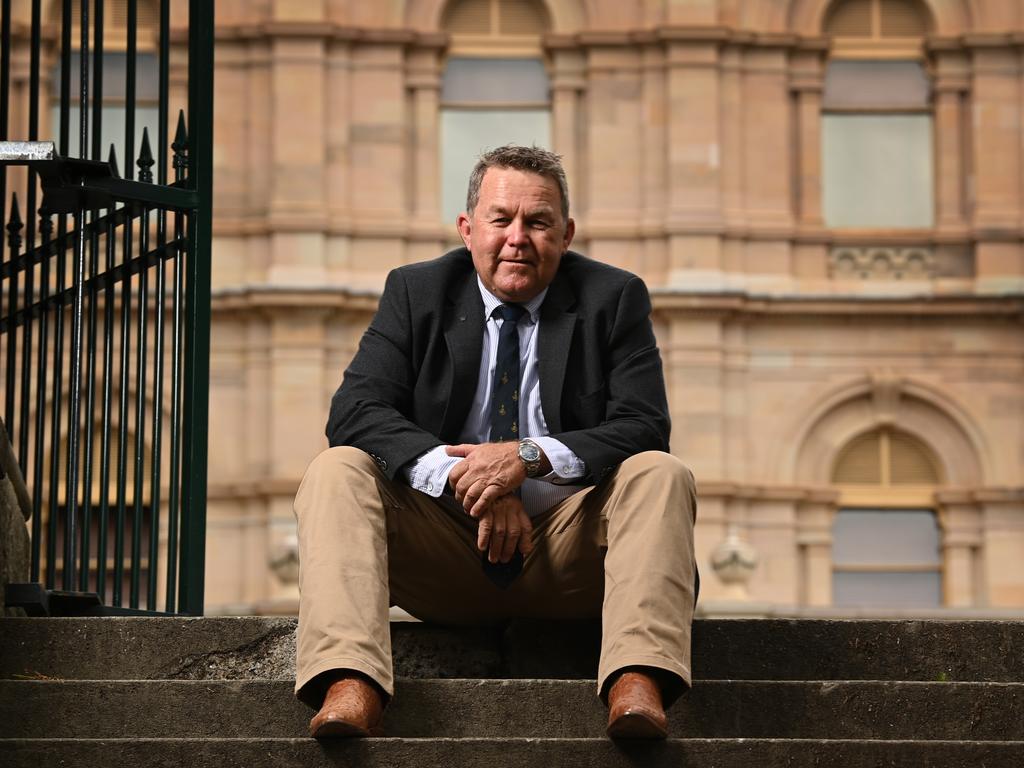


To join the conversation, please log in. Don't have an account? Register
Join the conversation, you are commenting as Logout